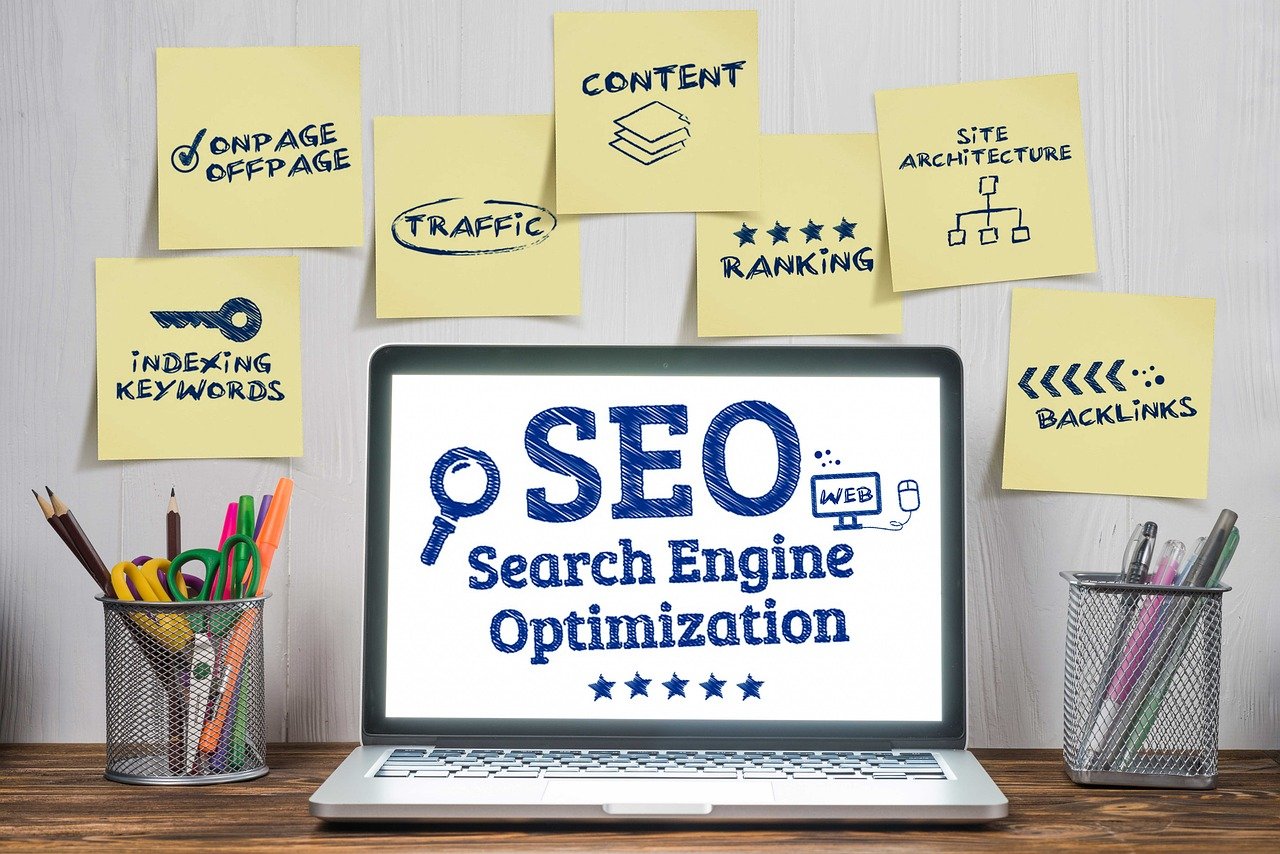The SEO landscape continues to evolve at breakneck speed, but some strategies remain consistently effective. As we navigate through 2025, successful businesses are those that adapt to AI-driven search while maintaining focus on fundamental optimization principles. The best strategies combine emerging AI search features with time-tested practices to maintain lasting visibility, and understanding which tactics deliver results is crucial for staying competitive.
Google’s March 2026 core update focused on surfacing relevant, satisfying content for searchers from all types of sites, reinforcing the importance of quality-first approaches. Here are the ten SEO strategies that continue to drive meaningful results in 2026.
1. Prioritize Experience-Driven Content Creation
Content remains king, but the definition of quality content has evolved significantly. Google now rewards content that shows real experience and expertise, aligning with its E-E-A-T standards—experience, expertise, authoritativeness, and trustworthiness. This means generic, AI-generated content without human insight rarely ranks well.
Focus on creating content that demonstrates firsthand experience with your topic. Share case studies, personal insights, and unique perspectives that only someone with genuine expertise could provide. Include specific examples, data from your own experiences, and practical advice that readers can immediately implement.
Actionable Tip: Before publishing any content, ask yourself: “Could this have been written by someone who has never actually worked in this field?” If the answer is yes, add more experiential elements.
2. Optimize for AI Search and Answer Engine Optimization (AEO)
SEOs are recalibrating to take advantage of opportunities like AEO (Answer Engine Optimization), as AI-powered search features become more prominent. This includes optimizing for Google’s AI Overviews, ChatGPT search, and other AI-driven search experiences.
Structure your content to answer specific questions clearly and concisely. Use numbered lists, bullet points, and clear subheadings that make it easy for AI systems to extract and present your information. Create FAQ sections that address common user queries in your industry.
Actionable Tip: Research the questions your target audience asks using tools like AnswerThePublic or Google’s “People Also Ask” feature, then create comprehensive answers that could serve as AI-generated responses.
3. Master Technical SEO Fundamentals
While content gets attention, technical SEO remains the foundation of search success. Focus on improving site speed and making your site mobile-friendly, as these factors directly impact user experience and rankings. Core Web Vitals continue to be crucial ranking factors.
Ensure your website loads quickly across all devices, has a clean URL structure, implements proper schema markup, and maintains a logical site architecture. Regular technical audits help identify and fix issues before they impact your rankings.
Actionable Tip: Use Google PageSpeed Insights and Search Console to identify specific technical issues, then prioritize fixes based on their potential impact on user experience.
4. Build High-Quality, Relevant Backlinks
According to a study by Stone Temple Consulting published on the Moz blog, links are still strongly correlated with rankings. However, the focus has shifted from quantity to quality and relevance. One high-quality backlink from an authoritative, relevant source is worth more than dozens of low-quality links.
Develop relationships with industry publications, participate in expert roundups, create linkable assets like original research or comprehensive guides, and engage in genuine community building within your industry.
Actionable Tip: Create “linkable assets” such as industry surveys, original research, or comprehensive resource guides that naturally attract backlinks from other websites in your space.
5. Implement Strategic Internal Linking
Use relevant, descriptive anchor text that accurately describes the linked page’s content to encourage more clicks and helps users discover related content. Strategic internal linking helps distribute page authority throughout your site and improves user engagement metrics.
Create topic clusters where pillar pages link to related subtopic pages, and ensure every page on your site is accessible within a few clicks from your homepage. Use descriptive anchor text that helps users understand what they’ll find on the linked page.
Actionable Tip: Audit your existing content to identify opportunities for adding internal links, especially from high-authority pages to newer content that needs ranking support.
6. Focus on User Intent and Search Behavior
Understanding and addressing user intent, behavior, and needs are the real roadmap to SEO success in 2025. Search engines have become increasingly sophisticated at understanding what users actually want when they search for specific terms.
Analyze the search results for your target keywords to understand what type of content Google considers most relevant. Look at the format (blog posts, product pages, videos), length, and style of top-ranking content, then create something that serves user intent even better.
Actionable Tip: Use tools like Google Analytics and Search Console to identify queries that bring users to your site, then optimize existing content or create new content that better matches those specific intents.
7. Optimize for Voice Search and Conversational Queries
Don’t forget about voice search and structured data for better visibility. Voice search queries tend to be longer and more conversational than traditional text searches. People ask complete questions rather than typing fragmented keywords.
Create content that answers natural language questions and optimize for long-tail keywords that sound like how people actually speak. Include FAQ sections and write in a conversational tone that matches how people search using voice assistants.
Actionable Tip: Research long-tail keywords that begin with question words (who, what, where, when, why, how) and create content that directly answers these queries.
8. Leverage Local SEO (Even for Non-Local Businesses)
Local SEO isn’t just for brick-and-mortar businesses. Even service-based businesses that operate remotely can benefit from local optimization strategies. Google continues to prioritize location-based results for many search queries.
Optimize your Google Business Profile, maintain consistent NAP (Name, Address, Phone) information across all platforms, and create location-specific content if you serve multiple markets. Encourage genuine customer reviews and respond to them professionally.
Actionable Tip: Even if you’re a remote business, consider creating location-specific landing pages for major markets you serve, optimized for “[service] in [city]” queries.
9. Create Video Content and Optimize for Video Search
Video content continues to gain prominence in search results, with Google increasingly featuring video snippets and YouTube results. Video also significantly increases user engagement metrics, which indirectly benefits SEO.
Create educational videos that complement your written content, optimize video titles and descriptions with relevant keywords, and include transcripts to make your video content searchable. Consider creating video versions of your most popular blog posts.
Actionable Tip: Embed relevant videos in your blog posts and create YouTube versions of your content with optimized titles, descriptions, and tags that link back to your website.
10. Monitor and Adapt to Algorithm Changes
The March 2025 update produced noticeable volatility, with ranking fluctuations across key verticals. Staying informed about algorithm updates and adapting quickly is crucial for maintaining rankings. Google typically releases several core updates per year, and each can significantly impact rankings.
Set up monitoring systems to track your rankings and traffic, follow reputable SEO news sources, and be prepared to adjust your strategy based on algorithm changes. Focus on creating helpful, user-focused content that aligns with Google’s quality guidelines.
Actionable Tip: Use tools like Google Search Console, Google Analytics, and rank tracking software to monitor your performance and identify potential impacts from algorithm updates quickly.
Measuring Success in 2025
New measurements around awareness and conversions instead of just traffic are becoming more important. While organic traffic remains important, focus on metrics that demonstrate business impact: conversion rates, engagement metrics, brand awareness, and customer lifetime value.
Track metrics like time on page, pages per session, and conversion rates to understand whether your SEO efforts are attracting the right audience. Use Google Analytics 4 to set up conversion tracking and attribute business results to your SEO activities.
Looking Forward
Businesses that prioritize originality, technical excellence, and user-centric strategies will most likely thrive in the evolving search landscape. The key to SEO success in 2025 isn’t chasing the latest trends but consistently executing proven strategies while adapting to new opportunities.
Focus on creating genuinely helpful content, maintaining technical excellence, and building authority through quality backlinks and user engagement. Stay informed about changes but don’t abandon fundamental SEO principles that have proven effective over time.
Success in SEO requires patience, consistency, and continuous learning. These ten strategies provide a solid foundation for improving your search visibility in 2025, but remember that SEO is a long-term investment that requires ongoing attention and optimization.
The businesses that succeed in SEO are those that view it as an integral part of their overall marketing strategy, not a quick fix or one-time project. By implementing these strategies systematically and measuring their impact, you’ll build sustainable organic growth that supports your business objectives for years to come.
Boost Your SEO in Montreal—Drive More Traffic, Leads, and Growth
Looking to improve your SEO performance in Montreal or nearby areas? Whether you’re a local business or serving clients across Québec, our expert strategies help you rank higher on Google, attract qualified traffic, and convert more leads. Book your free Montreal SEO consultation today and discover how we can help your business grow in 2025 and beyond.
At Popnest Media, we help Canadian and Montreal businesses grow with a full suite of digital marketing solutions from SEO Services and Pay‑Per‑Click Advertising to Social Media Marketing, Email Marketing and Video Production services.
Our team blends strategy, creativity, and technology to deliver campaigns that not only boost visibility but also drive measurable ROI. Whether you’re a startup looking to build awareness or an established brand ready to scale, Popnest Media provides the expertise and tools to make it happen.
Book your free consultation today and discover how Popnest Media can transform your digital presence into a growth engine.




